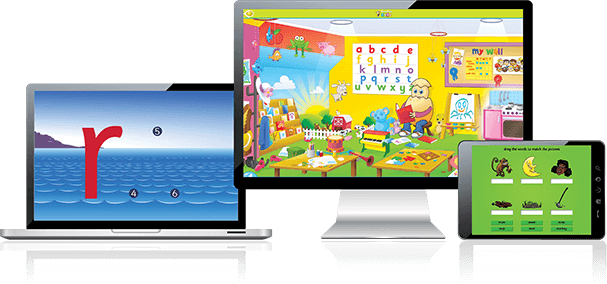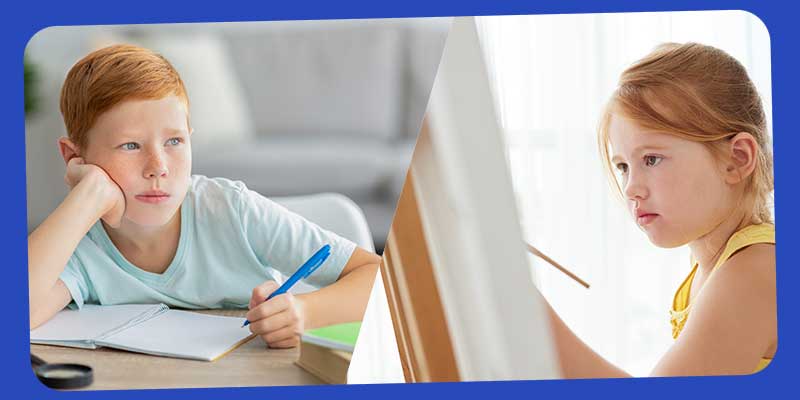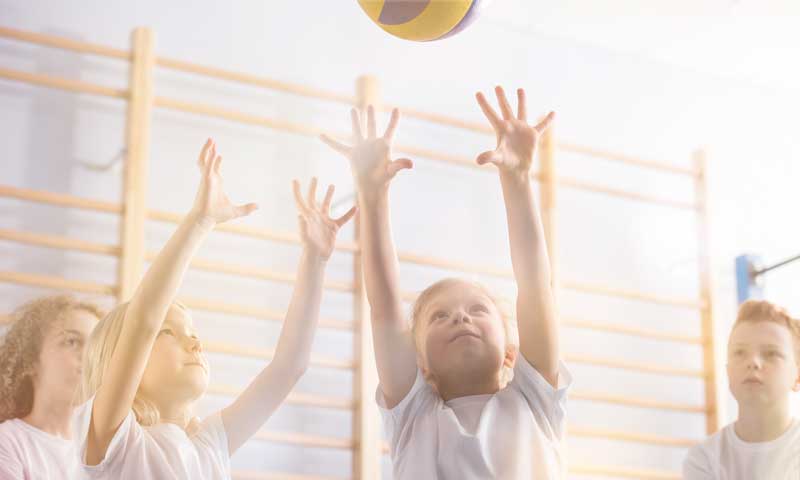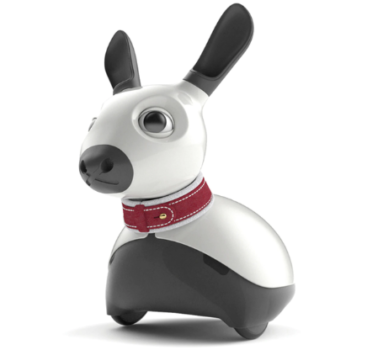
Figure of Speech: Their Examples and Explanation
Should Students Solely Focus on Grades or Be Good At Extracurricular Activities Too
A figure of speech is an intentional deviation of words from their normal usage to produce a rhetorical effect. It adds drama and spice to the normal choice of words. What would it be like if there were no figure of speech used in plays written by Shakespeare! Boring right. Even novels and books under the fiction category make use of ‘figures of speech’ to make the paragraph more captivating for the reader and induce some amount of humor & emotions while reading. In today’s digitally inclined world, we can see its usage in advertisements, social media posts, and marketing campaigns across the net.
There are a number of different kinds of figures of speech, serving different purposes. The primary goal is to draw attention, but each may be for a different reason. For example; he is as tough as nails, is an example of a simile, where the person or thing is compared to another, for the sake of emphasis.
This blog aims to highlight some common ‘figures of speech’ with examples for better understanding.

#1 Personification
You will find references to personification in children’s story books. Here, the idea, thought, or inanimate object is given a human form, for the sake of provoking imagination. This is a good way to draw the attention of the reader to something that’s important in the poem or story. Here are a few examples:
- The sun smiled across the sky.
- My alarm clock buzzes away loudly, to wake me up each morning.
- The flowers danced in the wind.
- The chair sighed, as that heavy woman sat on it.
#2 Onomatopoeia
Wow, such a tongue twister name to the figure of speech it is! Onomatopoeia is used when a word is written to describe a sound. An action that puts sound into language, to create an effect in nursery rhymes and theatrical performances, is a representation of Onomatopoeia.
For example
- The water droplets went splish-splash when children jumped on the puddle.
- The owl hooted loudly last night.
- Students were chattering away during Math class.
- The rooster cries ‘cock a doodle doo’ at the time of dawn every morning.
#3 Oxymoron
Oh, how life is a bittersweet symphony! Oxymoron uses contradictory words that go against common sense, but still, hold true. The contradiction creates a paradox in the minds of the reader, but still manages to produce a concept that has a new meaning. Without even realizing it, we use these common phrases often in conversation with someone.
- It is an open secret that she is expecting a girl child.
- Melinda and her fiancé share a bitter-sweet relationship.
- Vir Das is a seriously funny comedian.
- The salad dressing at the restaurant was awfully good.
- Climb down the stairs to reach my residence at Greenway Gardens.
#4 Hyperbole
When you want to exaggerate a statement and make it appear as important as a king, then make use of the Hyperbole speech. Let’s have a look at some examples; -It’s been ages since I have worn these shoes to the gym.
- I died of embarrassment at the party.
- It’s raining cats and dogs.
- He’s as skinny as a scarecrow.
- I’m so hungry, I could eat a pig.

#5 Pun
A ‘pun’ usually introduces playfulness by offering two meanings of the same word and leaving the reader to figure out for themselves the underlining emotion. Some playful examples of puns are as below;
- You were right, so I left the restaurant.
- The butcher did not want to take a risk, as the steaks were too high.
- Why did the Teddy bear refuse to have tea? Because he was stuffed. Where do Polar bears vote? The North Poll.
#6 Irony
Irony is the most common figure of speech, used widely while conversing. The sentence or words used mean literally opposite to its actual meaning. Basically, irony is used to indirectly put a harsh message across, in a sweet manner. Some examples of irony are;
- After looking at Monica’s poor score, her class teacher said, “You will surely stand first with the highest honor in class.”
- Coming home from a stressful day and seeing a messy room, “it’s great to be back home.”
- The good news is, that, “it is snowing outside and we are stuck at home.”
- A fire station burned down yesterday.
- Our dentist needs a root canal.
By practicing simple figures of speech, one can improve their spoken and written English. Knowing what words to use to frame a correct sentence doesn’t come naturally, but needs some practice. So, try and make your day-to-day conversations more interactive & engaging by using the appropriate figure of speech.

Reading Eggs is a readily relatable rapid reader program available in GCC regions and other Middle East countries. Now that’s how we use alliteration! This platform is available for students between 2-13 years of age and aims to improve their vocabulary & reading skills, by offering a whole library of books & gamified puzzles. Those residing in Dubai or UAE who wish to register for a FREE Trial.















Recent Comments